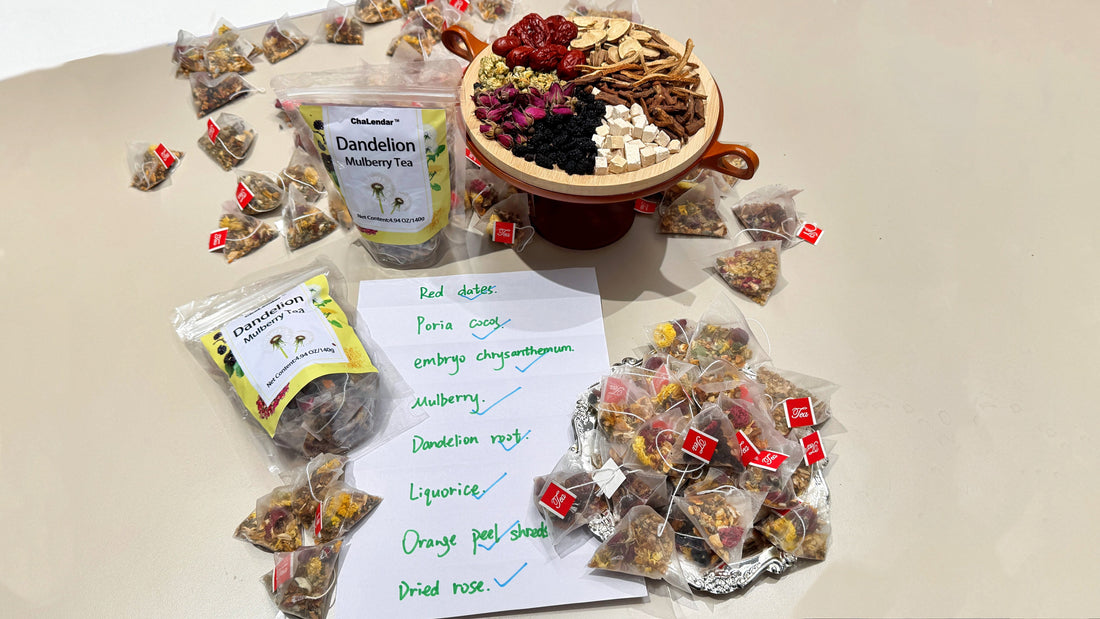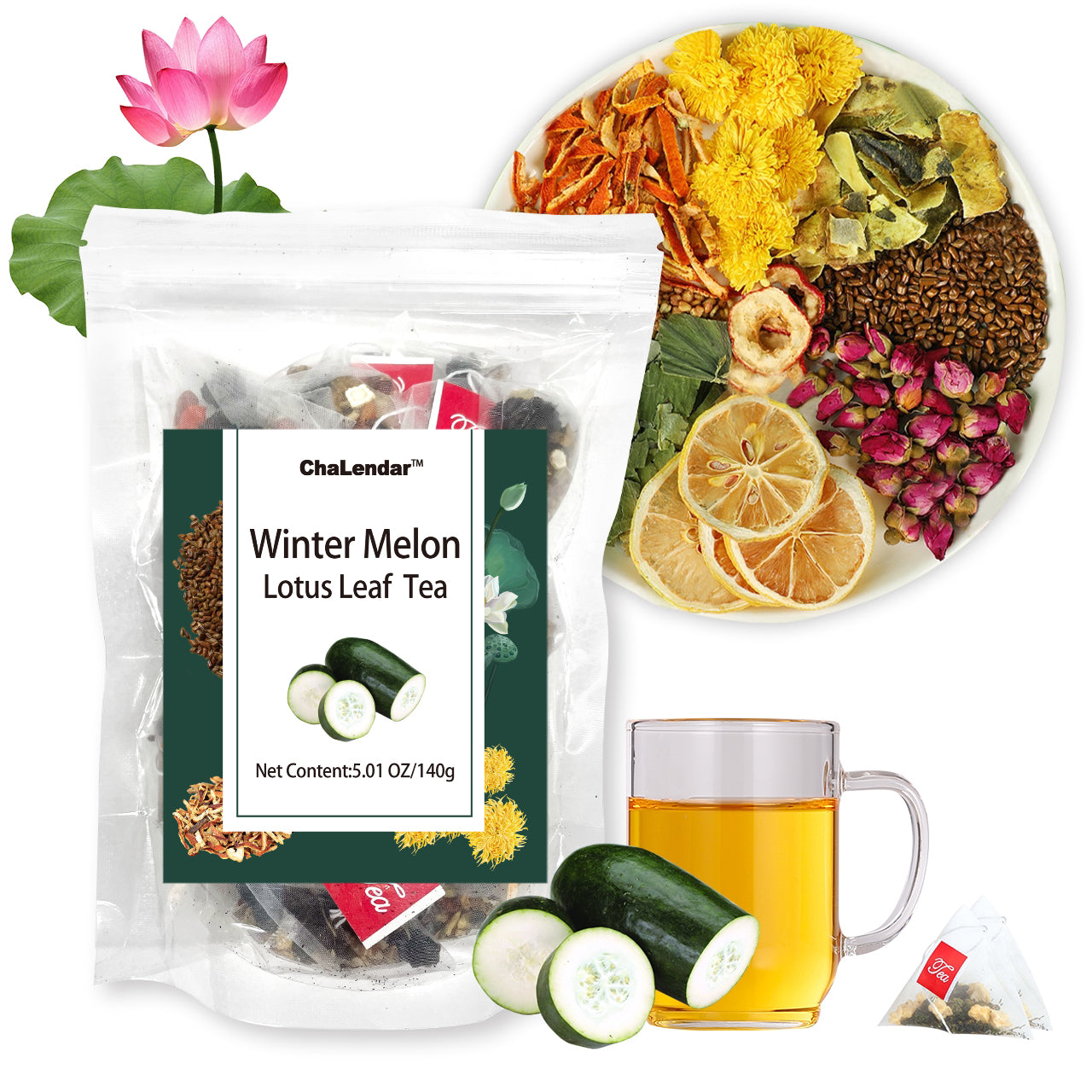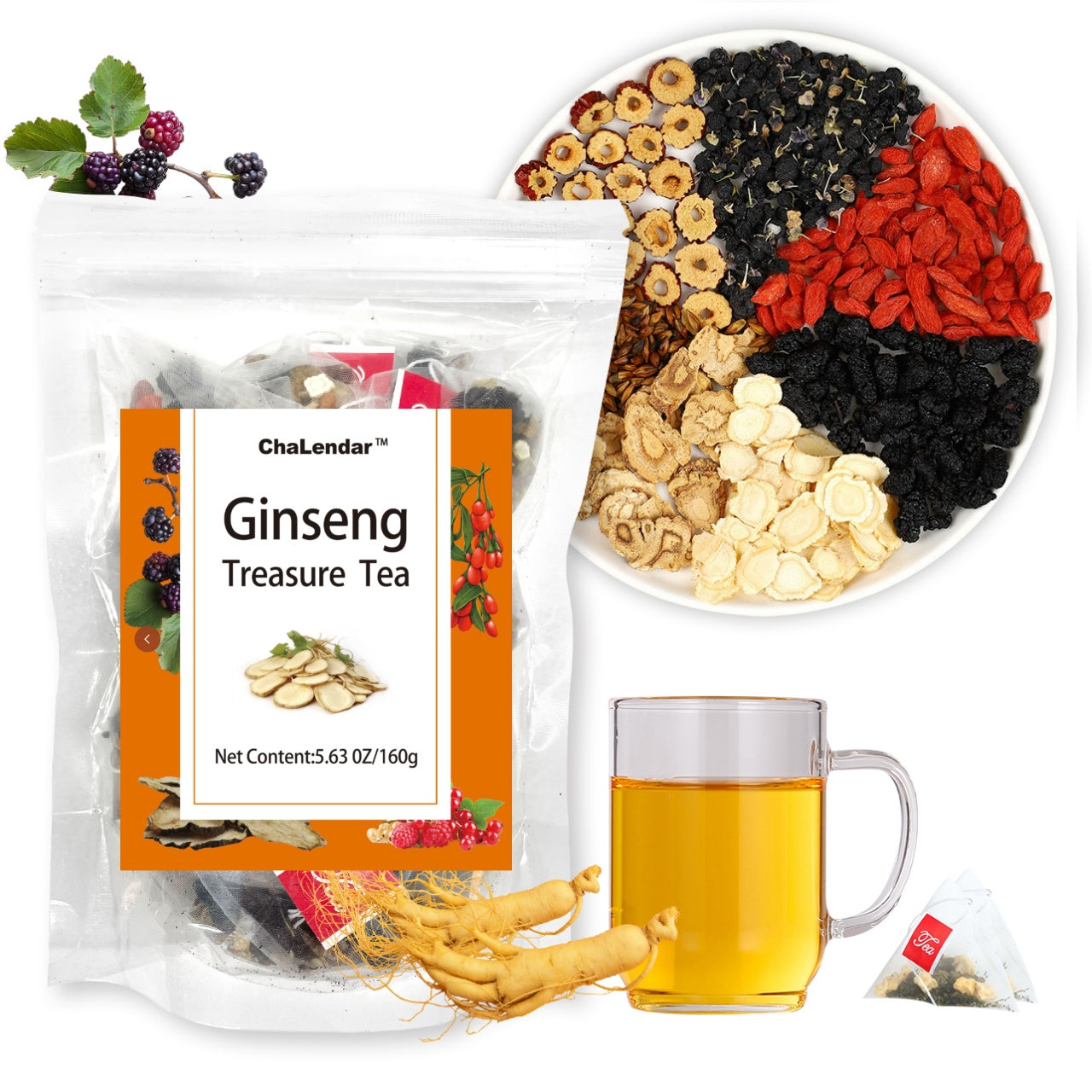
Do Herbal Teas Conflict with Medications? What You Need to Know About Safety and Interactions
Share
Herbal teas are often seen as gentle and natural remedies — and in many ways, they are. But like any plant-based supplement, herbal teas can interact with medications in ways that may affect their effectiveness or safety.
If you’re someone who regularly drinks herbal tea and also takes prescription or over-the-counter medications, it’s important to be informed. Here's what you should know about herb-drug interactions, how to enjoy herbal teas safely, and when to consult a healthcare provider.
Herbal Tea Is Natural — But Still Potent
Many herbs used in teas contain bioactive compounds that influence the body’s systems. That’s part of why herbal tea can be beneficial — but it’s also why interactions can occur.
Some herbs can:
- Affect how medications are absorbed or metabolized
- Strengthen or weaken the effect of certain drugs
- Increase side effects if combined with specific medications
Common Herbal Teas That May Interact with Medications
Here are a few examples of herbal teas with known interactions:
- Ginseng – May interfere with blood pressure or diabetes medications; may also interact with blood thinners.
- Licorice root – Can raise blood pressure and potassium levels when consumed in large amounts.
- St. John’s Wort – Though less common in teas, this herb can reduce the effectiveness of antidepressants, birth control, and other medications.
- Chamomile – May increase the effect of blood thinners and sedatives.
- Ginger – In high doses, may affect blood clotting and blood sugar levels.
Note: Not all herbal teas are problematic. Ingredients like chrysanthemum, jujube, lotus leaf, or monk fruit are generally gentle, but dosage, frequency, and individual health conditions still matter.
Are Herbal Teas Safe to Drink with Medication?
In many cases, yes — but it depends on the herb, your health condition, and what medications you're taking. For example:
- If you’re taking blood thinners, avoid teas with ginseng, ginger (in large amounts), or turmeric.
- If you're on diuretics, teas with natural diuretic effects (like dandelion or lotus leaf) may amplify results.
- If you take medications for anxiety or sleep, calming teas like chamomile or valerian may enhance drowsiness.
How to Safely Enjoy Herbal Tea
- Know what’s in your tea – Always check the ingredients list, especially if it’s a blend.
- Start with small amounts – Especially if you’re trying a new tea while on medication.
- Space it out – Leave at least 1–2 hours between drinking herbal tea and taking medication, unless advised otherwise.
- Watch for side effects – Such as dizziness, upset stomach, or unusual symptoms.
- Ask your doctor or pharmacist – Especially if you have a chronic condition or take multiple medications.
Herbal teas are a wonderful addition to a healthy lifestyle — but they should be treated with the same respect as any supplement. Natural doesn’t always mean harmless. Understanding potential interactions ensures you can enjoy your favorite teas safely and confidently.
If you’re unsure whether a specific tea is safe with your medications, we recommend checking with a licensed healthcare provider — especially if you plan to drink it regularly.
Sip smart, stay informed, and let herbal wellness support your health — not complicate it.


